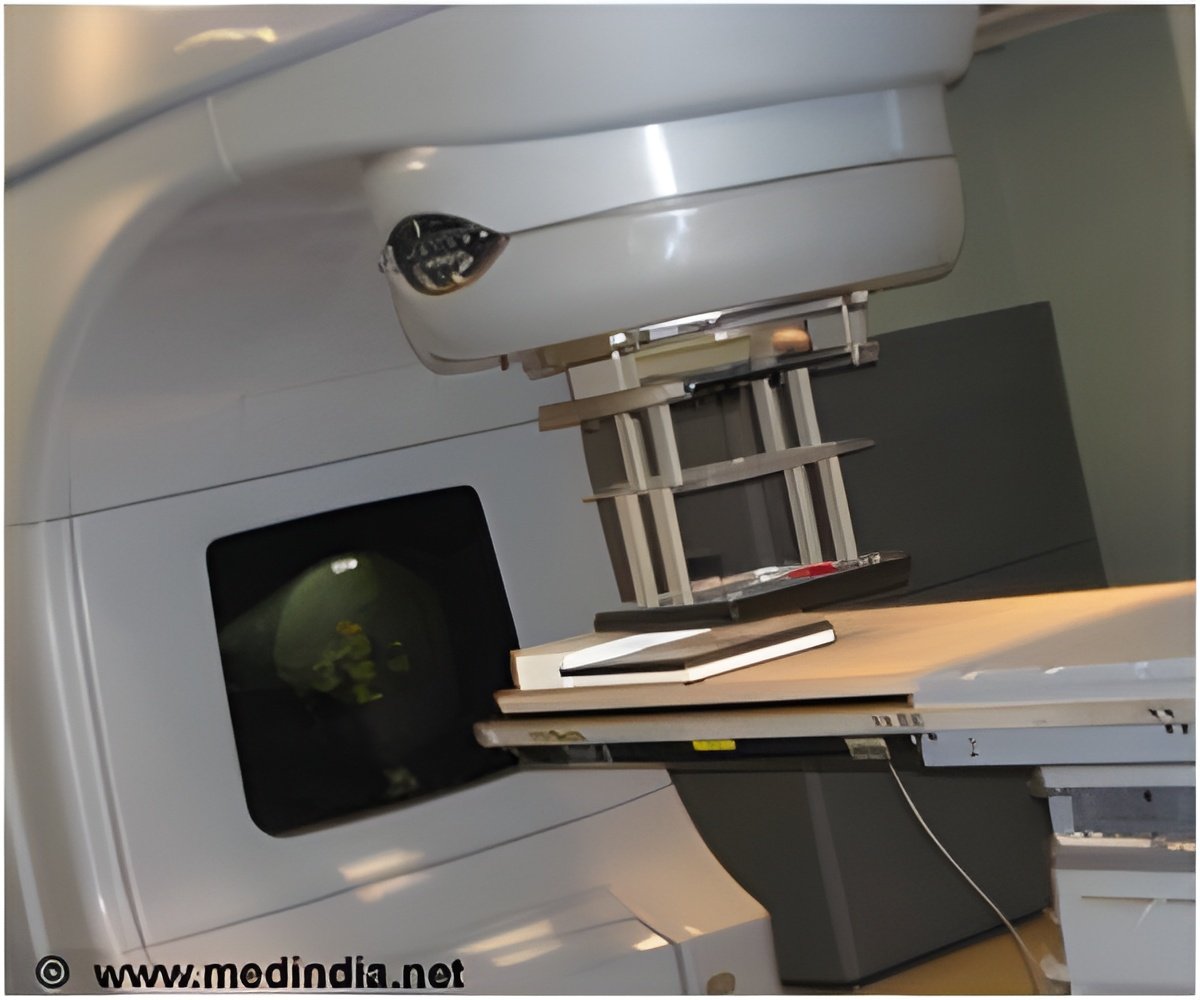Two weeks of radiation for twice daily for HPV-throat cancer can reduce post treatment side effects.

‘Aggressive reduction of radiation therapy (two weeks of radiation twice daily) could maintain excellent cure rates, while significantly reducing post treatment side effects.’





Dr. Ma says that patients with HPV-related throat cancer tend to be young and, once treated, are likely to live a long time with possibly life-altering side effects from the standard treatment. "The goal of our trial was to see if an aggressive reduction of radiation therapy (two weeks of radiation twice daily) could maintain excellent cure rates, while significantly reducing posttreatment side effects, improving quality of life and lowering treatment costs."
Researchers followed 80 patients with HPV-related oropharyngeal squamous cell cancer with no evidence of residual disease following surgery and a smoking history of 10 or fewer pack years. That's the number of years smoking multiplied by the average packs of cigarettes smoked per day.
At two years following the aggressively de-escalated treatment, the rate of tumor control in the oropharynx (throat) and surrounding region was 95 percent. Of the 80 patients in the trial, only three experienced a local cancer recurrence. One patient experienced a regional cancer recurrence. Patient quality of life largely improved or did not change following treatment, except for some dry mouth.
"Patients in our trial had a very dramatic reduction in side effects, compared with standard treatment," says Dr. Ma.
Advertisement
Dr. Ma says the reduction in side effects did not lead to any reduction in cure rate, as survival rates were similar to traditional survival rates for HPV-related throat cancer.
Advertisement















